-
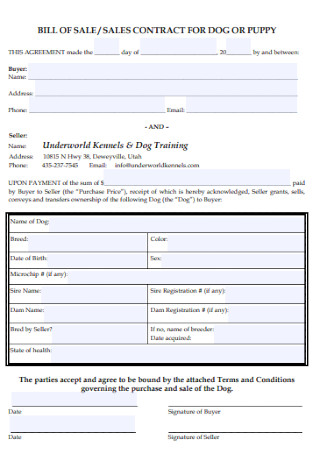
Bill of Sales Contract for Dog
download now -
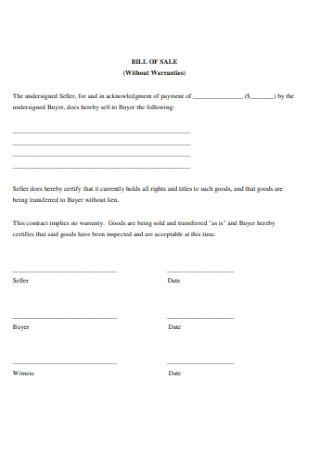
Sample Without Warranty Bill of Sale Contract
download now -
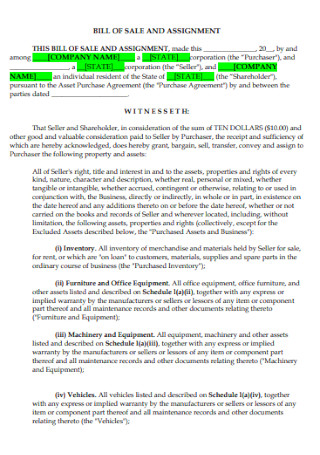
Bill of Sales and Assignment Contract
download now -
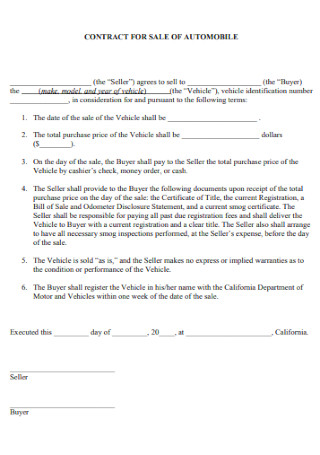
Bill of Sales Contract for Automobiles
download now -
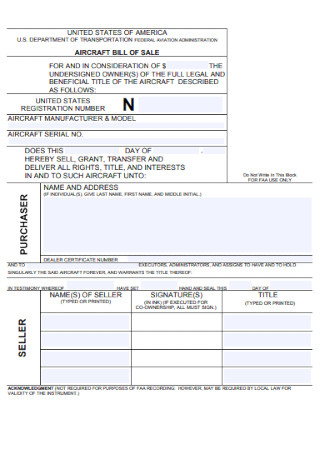
Sample Purchase Bill of Sale Contract
download now -
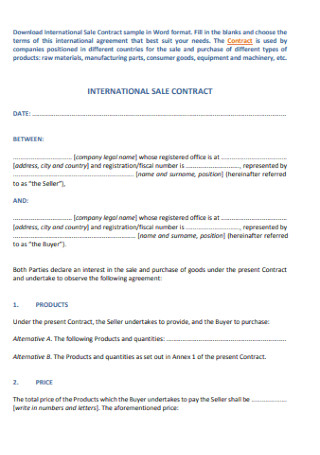
Simple Bill of Sale Contract
download now -
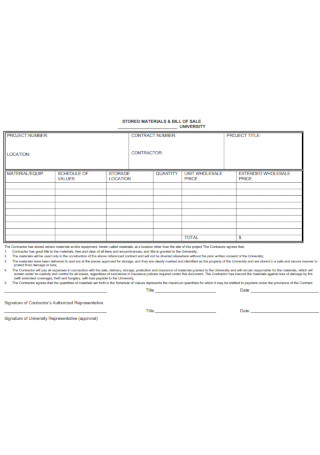
Sample Materials Bill of Sale Contract
download now -
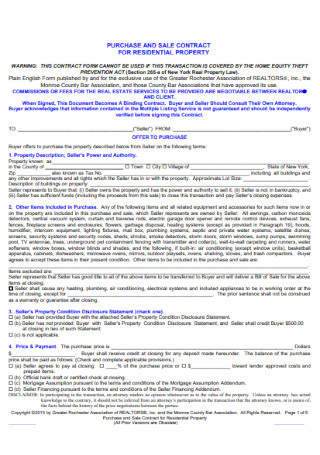
Property Bill of Sale Contract
download now -
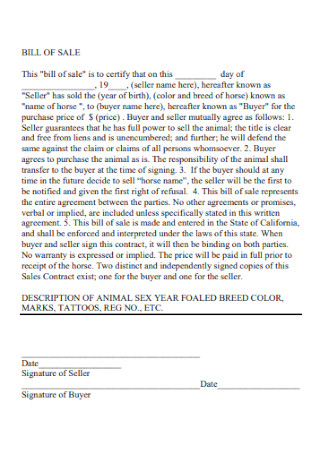
Basic Bill of Sales Contract
download now -
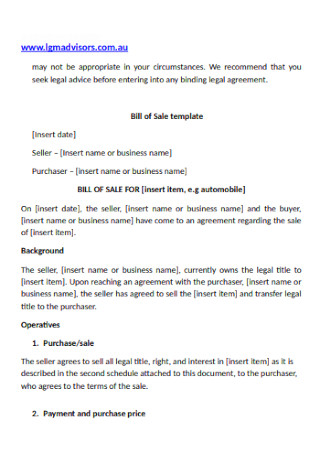
Formal Bill of Sale Contract Template
download now -
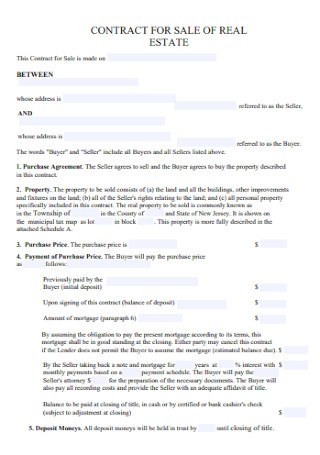
Bill of Real Estate Sale Contract
download now -
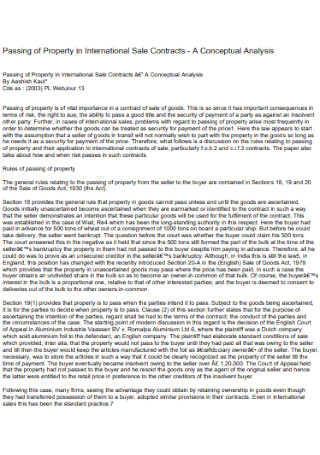
Sample Bill of Property Sale Contracts
download now -
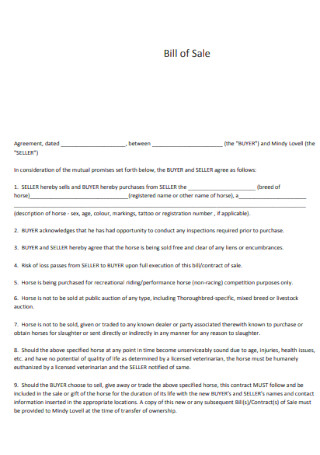
Standard Bill of Sale Contract Template
download now -
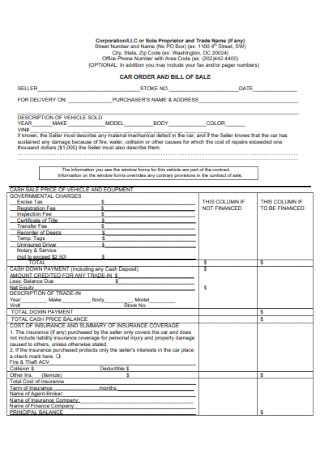
Car Bill of Sale Contract
download now -
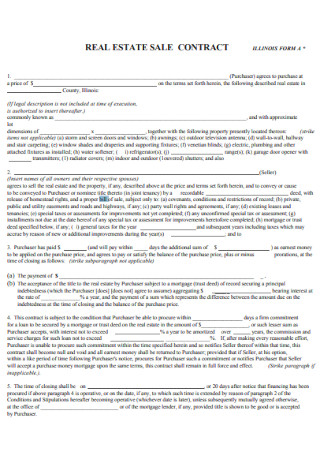
Bill of Real Estate Sales Contract
download now -
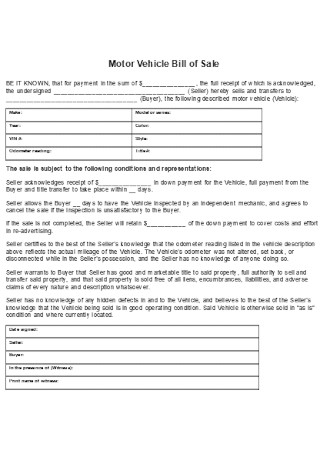
Sample Motor Vehicle Bill of Sale Contract
download now -
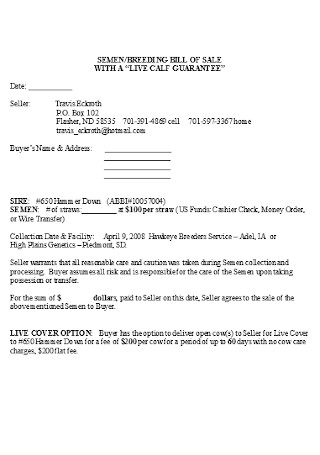
Sample Breeding Bill of Sales Contract
download now
FREE Bill of Sale Contract s to Download
What Is a Bill of Sale Contract?
The Distinct Forms of a Bill of Sale
How To Trade a Vehicle Privately with a Bill of Sale Contract
FAQs
Is a bill of sale applicable when rendering services?
Does the buyer need to sign the bill of sale contract?
How does a bill of sale differ from a title transfer?
What is the difference between a bill of sale and a sales agreement?
What is a mobile home?
What Is a Bill of Sale Contract?
Depending on what type of deal you are having, a written bill of sale can be simple or complex. The receipt you get when buying an item from a retail shop is an example of a simple bill of sale. When you have transactions for items that amount to large money sums, the bill of sale must be detailed. A bill of sale contract is an official paper that serves as proof of the sale or transfer of an asset from one person to another. Moreover, a bill of sale can be absolute or conditional. When a buyer pays in full for a product from a seller, usually, the seller presents him with an absolute bill of sale. With an absolute BOS, the buyer becomes the full owner of a property. On the other hand, a seller presents a conditional BOS to a buyer when a buyer needs to meet some conditions before gaining full ownership of a property. Note that the use of bill of sales contracts is most common in auto deals.
Did you know that there were over 4.7 million passenger cars traded in the U.S. last year? The total reached about 17 million units if you include light trucks in the picture.
Also, there were about 77 million units ready for sale in the same year.
This reinforces the fact that in the country, about 88% of individuals aged 15 or older are reported as drivers while the mean number of vehicles in households is 1.9 personal vehicles, according to the US Bureau of Transportation Studies.
The Distinct Forms of a Bill of Sale
Bill of sale agreements can come in many forms, depending on what item, product, or asset a buyer is purchasing. Several states require sellers to provide a bill of sale to serve as evidence for every transaction, whatever the item may be. So, here are the distinct forms of a BOS.
How To Trade a Vehicle Privately with a Bill of Sale Contract
As we’ve mentioned earlier, a bill of sale contract is typical in auto deals. The following are steps to successfully trade a vehicle with the help of a bill of sale.
Step 1: Enter into Terms with Your Buyer
To sell a vehicle, you must enter into terms with the purchaser. For example, if you decide to sell a motorcycle in return for cash, the contract may state that the buyer must give the full amount before or during the time of transfer. The buyer should prepare his payment according to the seller’s statement on the agreement.
Step 2: Require Your Buyer to Get a VIN
A Vehicle Identification Number is a code that is unique to every motor vehicle manufactured. It is a 17-character combination of both letters and numbers without spaces in between. A VIN gives information about the manufacturer, including a vehicle’s country and year. Moreover, a VIN will give your buyer an idea of the vehicle’s history.
Step 3: Provide the Necessary Documents
As a seller, you must provide your buyer with the necessary documents concerning the sale. These documents include the title and registration, a bill of sale, a disclosure statement, and an ID. Getting a title from the DMV office may take you 10 to 14 working days. Additionally, you should affix your signature on the bill of sale once the buyer has transferred the money via bank or in person. Furthermore, you should supply the buyer with a disclosure statement concerning the vehicle’s odometer reading. Lastly, prepare a valid ID so the buyer can check if your name matches the name that is on the title.
Step 4: Finalize the Sale
After completing all the requirements, finalize the sale by signing the bill of sale contract. Both parties are responsible for doing their part to fulfill the deal. During this time, you must sign the title over to the buyer. Also, don’t forget to check the conditions concerning your state’s sale tax. The laws of your country will determine whether it is you or the buyer who will have to pay for tax.
Step 5: Inform the Buyer to Register the Vehicle
The new vehicle owner will have to register the automobile within a specific time-frame. Inform your buyer to register the vehicle to the DMV office with the following papers: the original bill of sale, the new title, the disclosure statement, a car insurance proof, an ID, and money for fees. Note that some states may require emission tests.
FAQs
Is a bill of sale applicable when rendering services?
No, a bill of sale is not a receipt for services because rendering services doesn’t involve the transfer of ownership. Therefore, when providing services to a client or customer, you can use an independent contractor agreement or a service contract. Also, you can’t utilize a bill of sale to transfer the title of a real estate property. In this case, you will have to use a warranty deed or a different document.
Does the buyer need to sign the bill of sale contract?
Usually, the buyer doesn’t need to affix his signature on a bill of sale. However, some states require buyers to sign a bill of sale contract in every transaction. For that reason, you should know the laws of your state and check whether a purchaser needs to sign a bill of sale for a particular sale.
How does a bill of sale differ from a title transfer?
Bear in mind that a bill of sale doesn’t directly indicate a person’s right to own an asset. Its function is to document a deal between a buyer and a seller. A title transfer, on the other hand, proves an individual’s right to own a property because this legal paper notifies the governing authorities of the buyer and the dealer’s negotiation.
What is the difference between a bill of sale and a sales agreement?
Though both a bill of sale and a sales agreement have similar purposes, a sales contract contains more details than a BOS. Also, a sales contract is more flexible when it comes to terms and delivery. As we have mentioned, a bill of sale is proof of an exchange between a buyer and seller, and it is usually given after their transaction.
What is a mobile home?
A mobile home is a house set up on a trailer. The advantage of purchasing a mobile home is that it is often low-cost compared to a home built on the land. Although they are not that easy to move after set-up, it is still moveable compared to a stick-built house. So, if you place your mobile home on your land and if you want to build another home on that land, you can move the former to construct the latter.
A bill of sale contract can serve as proof that a seller has transferred his possession to another and has received full payment for it. It functions as a receipt or an invoice for a successful deal. A seller can use it to show that a vehicle is without warranty, and a purchaser can use it as evidence of his full payment. Both parties benefit from it; therefore, one shouldn’t neglect the use of such an important document, especially when dealing with large transactions.
